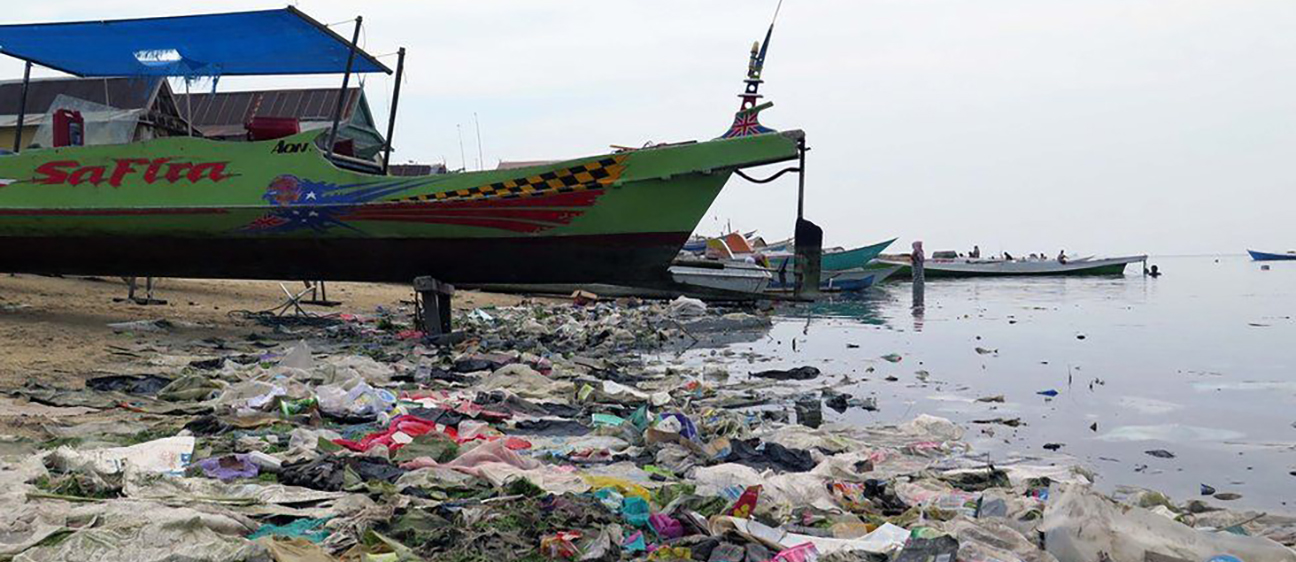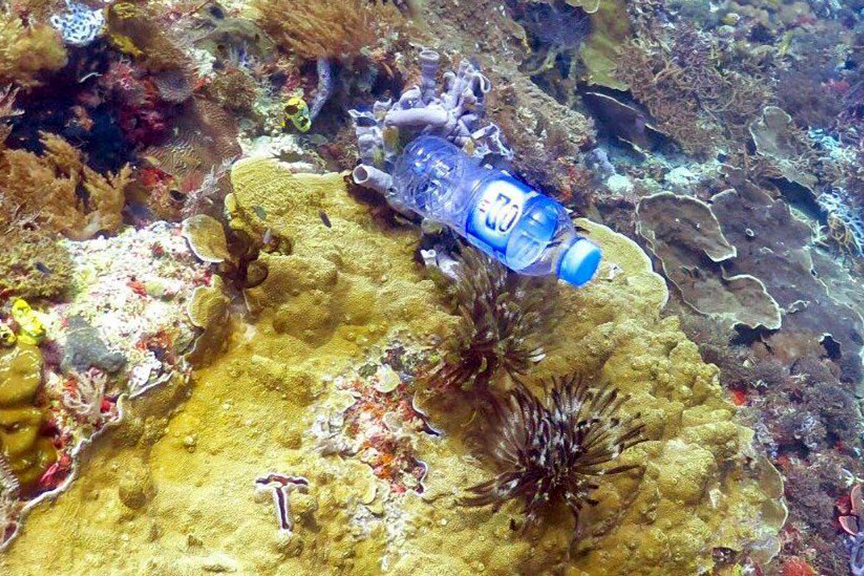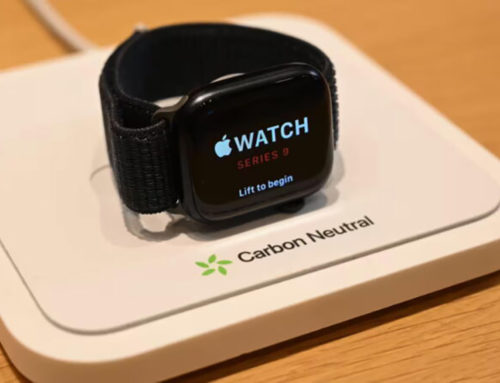As the world grapples with pressing environmental concerns such as climate change and overfishing, a recent study has brought to light an alarming revelation: plastic pollution on coral reefs intensifies as one ventures deeper, adding yet another peril to these biodiversity-rich ecosystems. Researchers have unveiled a sobering truth – no coral reef, regardless of its location, remains untouched by the scourge of plastic waste. This burgeoning problem, described as an “emerging threat,” is driven primarily by the presence of discarded fishing gear known as ‘ghost gear,’ alongside everyday items like food wrappers and plastic bottles.
This pioneering research venture led scientists to explore 85 reefs in diverse locations, ranging from uninhabited atolls to deep-sea reefs across the Indian, Pacific, and Atlantic Oceans. Equipped with specialized diving gear, they ventured into the uncharted “twilight” zones, lying 30 to 150 meters beneath the surface. What they discovered was unexpected – a surge in plastic pollution as they descended to greater depths. Luiz Rocha, co-director of the Hope for Reefs initiative, expressed astonishment at the findings, emphasizing that these deep-sea reefs are typically farther from traditional plastic pollution sources.

Notably, the research revealed that nearly 75% of the larger plastic debris discovered comprised ‘ghost gear,’ consisting of discarded fishing equipment such as ropes, lines, and nets. Alongside these remnants of the fishing industry, scientists also encountered the familiar culprits of plastic pollution – food wrappers and plastic bottles. Intriguingly, the study found a correlation between the proximity of reefs to heavily populated cities, bustling markets, and marine protected areas frequently frequented by fishers and the level of plastic pollution observed. Moreover, the presence of plastic debris was shown to exacerbate coral diseases, inflict damage upon reef structures, and adversely affect fish diversity.
Hudson Pinheiro, the lead author of the study, highlighted the complex challenges unveiled by this research, calling for a broader approach to marine protection efforts. He stressed the necessity of extending the reach of marine protected areas to encompass these deeper reefs and underscored the importance of addressing plastic pollution at its source, particularly in the form of discarded fishing gear.
The study’s findings revealed striking regional disparities in the severity of plastic pollution. The Comoros, an island chain off the southeast coast of Africa, faced the gravest impacts, while the Marshall Islands were found to be the least polluted. Researchers speculate that the increased wave action and turbulence at the surface may be pulling plastic debris to greater depths, compounding the issue.
In light of these disquieting discoveries, researchers emphasize the urgency of the issue. They call for the development of low-cost, biodegradable alternatives to traditional fishing gear and advocate for intensified global efforts to combat plastic pollution. The silent threat from the abyss is one that demands immediate attention and concerted action if we are to safeguard the fragile ecosystems of coral reefs and the intricate web of life they support.






